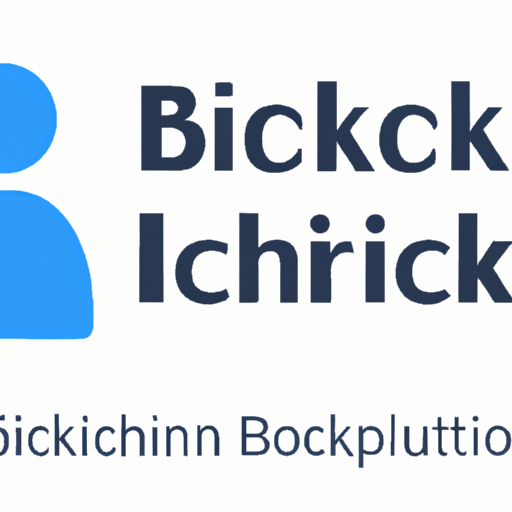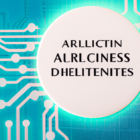In today’s digital world, the concept of identity has evolved beyond traditional means. With the rapid digitization of services, concerns surrounding privacy and data security have soared. Enter self-sovereign identity (SSI) solutions—an innovative approach that empowers individuals to control their personal data.
What is Self-Sovereign Identity?
Self-sovereign identity refers to a digital identity framework where individuals have the complete authority over their personal information. Utilizing blockchain technology, these solutions eliminate the need for central authorities, allowing users to manage their identities with enhanced privacy and security.
Key Advantages of SSI Solutions
- Data Ownership: Users retain their information without relying on third parties, minimizing the risk of data breaches.
- Improved Privacy: SSI ensures individuals can selectively share personal data, maintaining confidentiality and enhancing trust.
- Enhanced Security: By leveraging decentralized networks, SSI solutions offer robust protection against hacking and cyber threats.
The Role of Blockchain in SSI
Blockchain plays a vital role in self-sovereign identity solutions by enhancing transparency and security. Each identity transaction is recorded on a distributed ledger, making it tamper-proof and verifiable. This infrastructure enables individuals to authenticate their identity seamlessly and securely across various platforms.
Current Trends in SSI Adoption
Major corporations and governments are beginning to adopt self-sovereign identity systems. From enhanced KYC processes in banking to improved identification methods in healthcare, the applications for SSI are vast and varied. As regulatory frameworks evolve, the demand for decentralized identity solutions is expected to surge.
The Future of Digital Identity Management
As we move towards a more digitized world, self-sovereign identity solutions will play a crucial role in shaping the future of digital identity management. With growing awareness of privacy issues and control over personal data, SSI is poised to become a standard for digital identities across various sectors.
In conclusion, self-sovereign identity solutions not only revolutionize how we manage our identities but also redefine our approach to privacy, data security, and user empowerment. As the SSI landscape continues to evolve, stakeholders must stay informed and engaged to fully leverage its transformative potential.







